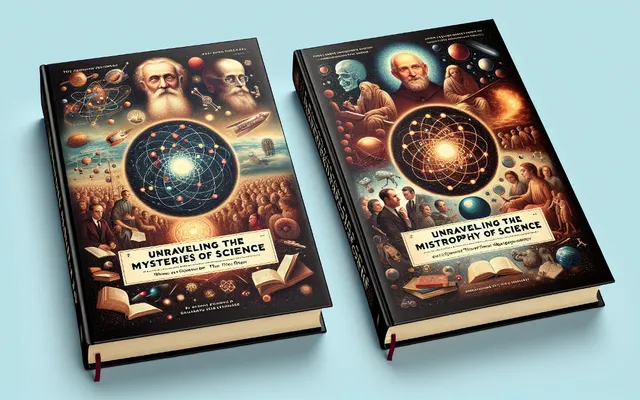
Unraveling the Mysteries of Science
Dive deep into the intriguing world of Philosophy of Science, exploring key concepts, historical developments, and influential thinkers that have shaped our understanding of science.
published on November 12, 2024
